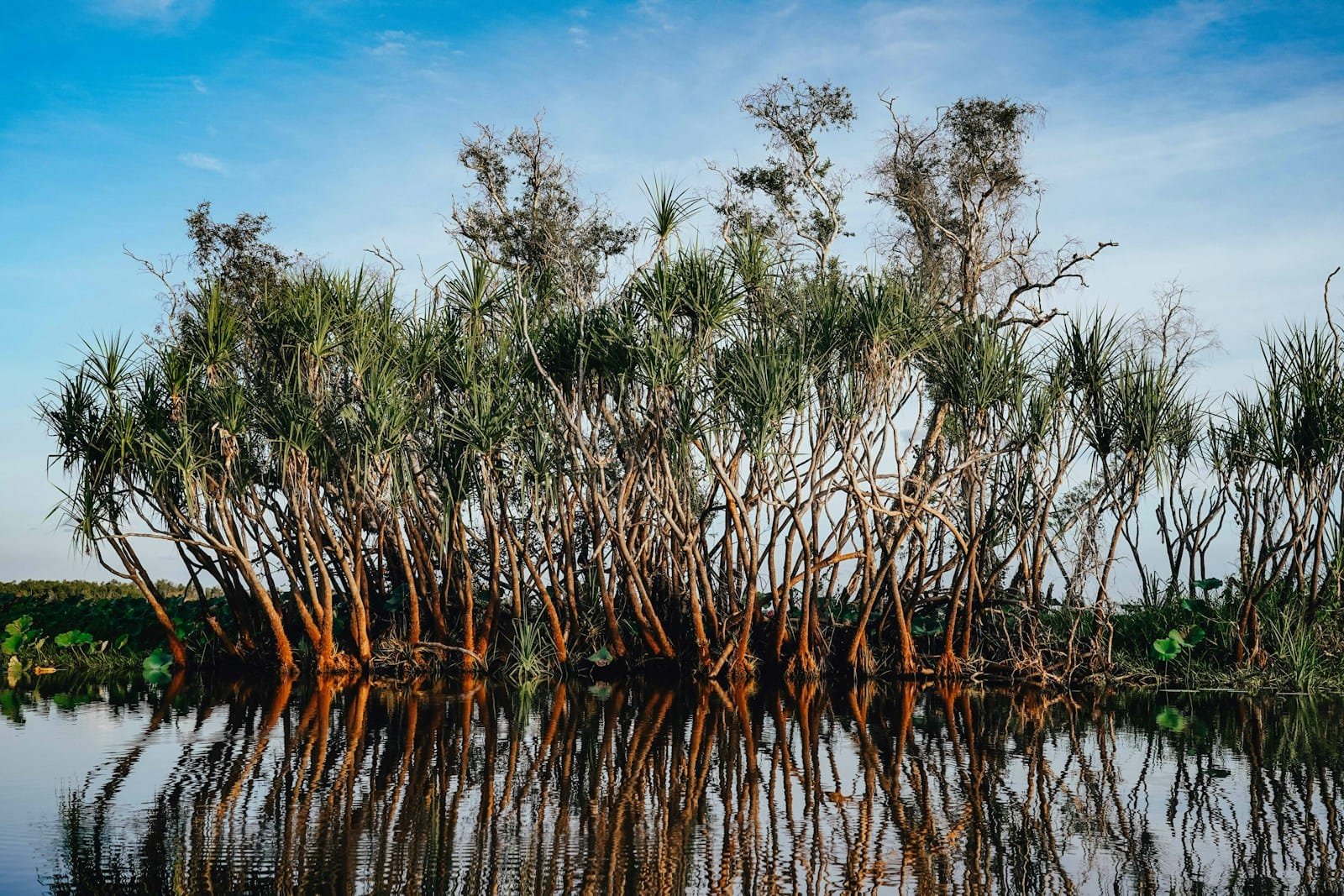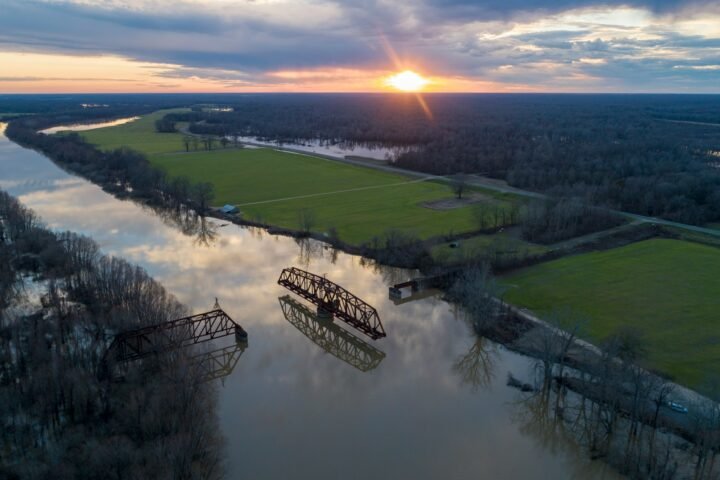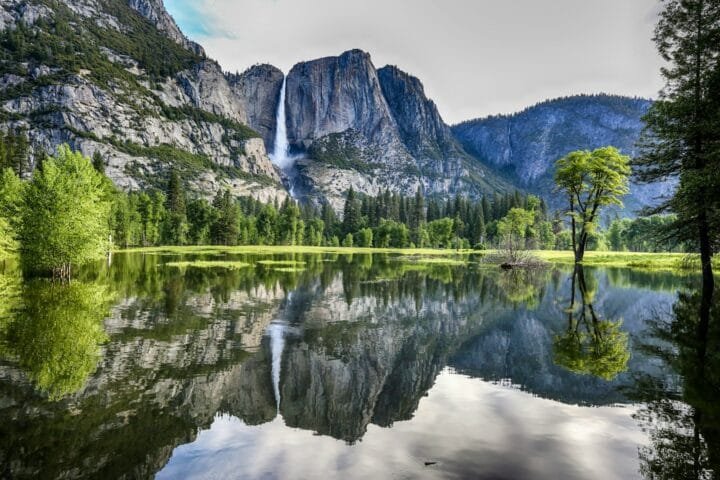Summary
- The ocean serves as a vital carbon sink, capturing and storing carbon to mitigate climate change.
- Coastal ecosystems, such as mangroves and salt marshes, are crucial in sequestering carbon and promoting biodiversity.
- Blue carbon initiatives, which focus on restoring and managing coastal ecosystems, offer a nature-based strategy for climate change mitigation.
- Local engagement and support for blue carbon solutions are essential for their effectiveness and sustainability.
Key quotes:
- Within the ocean’s vast expanse lie immense reservoirs of carbon – surpassing those found in either the atmosphere or the land.
- Unsustainable use of the ocean’s resources – such as through overfishing – coupled with warming and acidification progressively erode the ocean’s capacity to regulate carbon and heat and its ability to sustain essential resources and services.
- Consequently, rates of carbon sequestration are weakening and the vast carbon reserves held within marine ecosystems are increasingly susceptible to release.
- Coastal ecosystems – particularly vegetated ones, such as mangroves, seagrasses and salt marshes – are among the most crucial marine systems for storing carbon.
[...]
Read the full post at Carbon Brief.





